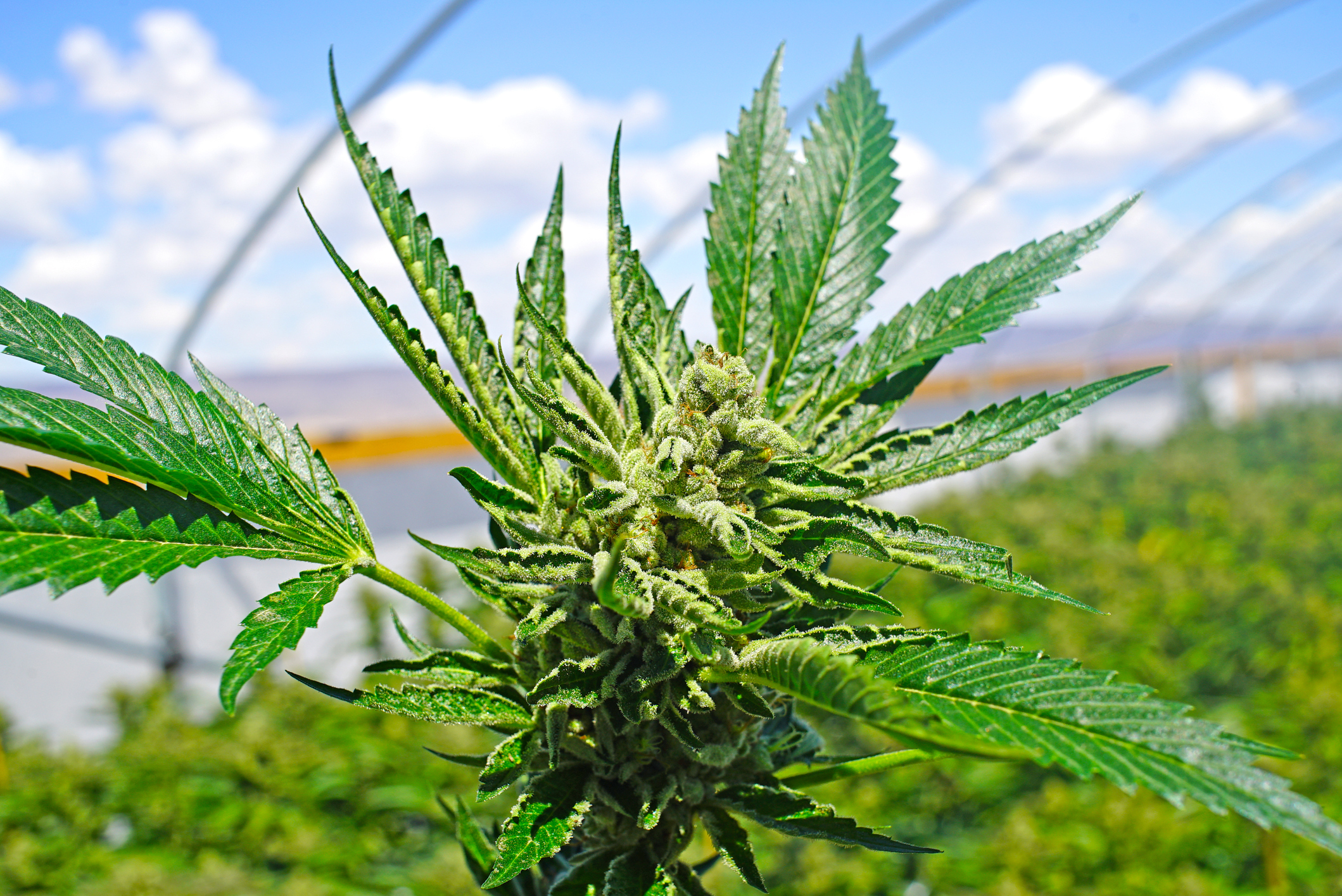Update: SB 212 and HB 3521 failed to receive action before the legislative crossover dates, and are dead for this legislative session.
Update: Members of the House subcommittee on Medical, Military, Public and Municipal Affairs voted 3-0 on February 21 to report HB 3521 for consideration before the full Committee
Update: Testimony was taken on S. 212 before the Senate Medical Affairs subcommittee on February 16. Among those testifying in favor of the bill included former US Attorney for the District of South Carolina Bill Nettles.
Update: The Charleston Post and Courier has endorsed the S.C. Compassionate Care Act.
Update: South Carolina Gov. Henry McMasters says he opposes legalizing marijuana, calling it a “bad idea.”
Legislation is pending, Senate Bill 212 and House Bill 3521, to establish a program to provide qualified patients with legal access to medical marijuana products.
Under this program, patients would be permitted to obtain up to two ounces of cannabis and/or cannabis-infused products, such as extracts or edibles, from a state-licensed dispensing facility.
Patients must be diagnosed with one of the following debilitating conditions to qualify for access: “cancer, glaucoma, positive status for human immunodeficiency virus (HIV), acquired immune deficiency syndrome (AIDS), hepatitis C, amyotrophic lateral sclerosis, Crohn’s disease, ulcerative colitis, agitation of Alzheimer’s disease, post-traumatic stress disorder (PTSD), autism, idiopathic pulmonary fibrosis, Parkinson’s disease, neural-tube defects, or the treatment of these conditions; or a chronic or debilitating disease or medical condition or its treatment that produces one or more of the following: cachexia or wasting syndrome; severe, debilitating pain; severe nausea; seizures; neurological disorders; or severe and persistent muscle spasms including, but not limited to, those characteristic of multiple sclerosis.” The measure also restricts patients from smoking cannabis, but does not prohibit vaporization.
While NORML believes that such restrictions on smoking are unnecessary, we also are doubtful that such prohibitions can feasibly be enforced. Further, this legislation is more expansive than the state’s existing CBD-specific law, which only applies to patients with intractable epilepsy and has failed to provide needed relief to the patient community. Ultimately, we would like to see this measure amended to include patients’ right to home grow.
The Senate bill appears to have broad legislative support. According to this news story, correspondents were unable to find any lawmakers to go on record in opposition to the bill.
A separate, broader measure is pending in the House. House Bill 3128, the Put Patients First Act, permits qualified patients to engage in cannabis therapy and to obtain cannabis from state-licensed dispensaries. Under this act, qualifying patients may possess “up to two ounces of a usable form of marijuana.” They also have the option of cultivating their own cannabis at home.
A second, more narrow bill, House Bill 3162, seeks to provide medical marijuana access for certain military veterans. It allows those who were discharged in honorable fashion and later diagnosed with PTSD “to possess twenty-eight grams or one ounce or less of marijuana or ten grams or less of hashish.”
Twenty-nine states and the District of Columbia have enacted statewide provisions allowing patients access to cannabis therapy. South Carolina patients deserve these same protections.
Please enter your information below to contact your state elected officials and urge them to support medical marijuana access in South Carolina.









